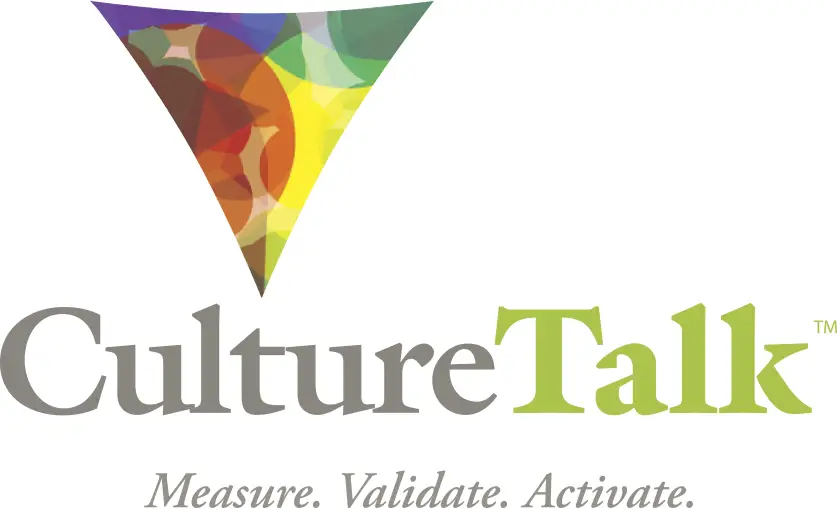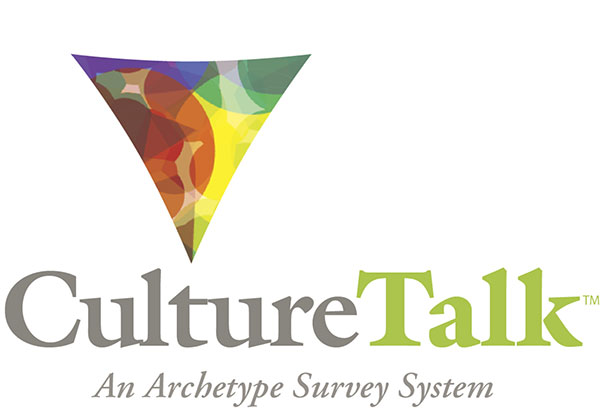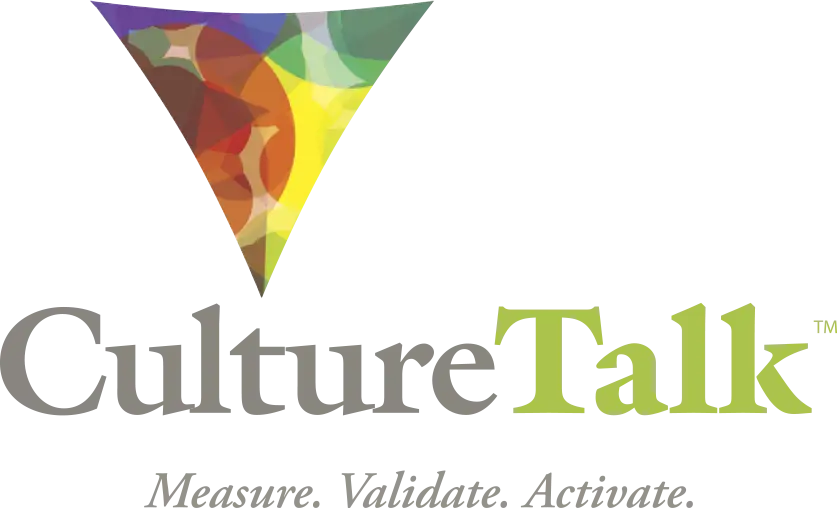Purpose-Led Cultures
- June 8, 2022
- 12:29 pm
- Theresa Agresta
Culture is a Way of Living our Purpose
Many companies recognize the need to focus on their purpose, but don’t really understand what it means to be ‘purpose-led.’
In this conversation with UK-based culture and purposeful branding expert Kirsty Innes, we take the purpose conversation past marketing to explore why purpose should drive every operational decision, and how an organization’s culture becomes the vehicle to carry it through to success.
Kirsty also shares how she helps progressive leaders define, articulate, and embed meaningful purpose into their culture, building a thread of trust that runs through their operations and into their brand and marketing. And we explore key themes of her white paper: Why purpose, why now? The role of marketing in a world of overconsumption.
Here are some key excerpts from the conversation:
(0.40) Why we are passionate about purpose
Our purpose at CultureTalk is deeply tied to helping organizations make sense of their own purpose, and how that understanding of purpose can filter out through all different aspects of their operations and their employee experience, “Culture and purpose should be touching everything in an organization.”
(1.35) The journey from marketing to purpose
Kirsty has been on an interesting journey that allows her to bring new depth to her career and her clients.
(2:43) Selling more stuff meant selling herself short
What happens when your logical career path leaves you feeling mis-aligned and miserable? As Kirsty moved from economic development into marketing consulting, she found she didn’t fit in. The need to be “more commercial” and “about the money” and to “sell more stuff” didn’t align with the core of Kirsty’s purpose and left her ill.
(4:50) A light bulb moment: UNDP’s Sustainable Development Goals
Kirsty first learns of the United Nation’s Sustainable Business Goals at a conference in Edinburgh that was built around the theme “business as being a force for good”. Around the same time, she discovers CultureTalk.
“I found CultureTalk to be really useful [in order] to better understand my clients and the leaders within the organization; to understand what their motivations and drivers were for the business.”
| Kirsty Innes, CultureTalk Partner
(5:40) Who do we trust?
As Kirsty begins diving deeper with clients, the work unfolds against the backdrop of global crisis including a pandemic, the cost of living, a climate emergency, and a war in Ukraine. What’s happening in the world has created a “massive void of trust” says Kirsty, that businesses need to fill.
Kirsty leans on the work of JP Laqueur, another CultureTalk Partner, introducing her clients to the Purpose-Way-Impact framework.
(6:30) The Through Line
We discuss the shift from a traditional brand or marketing focus and how in the Purpose-Way-Impact framework there is a continuity that threads ideas together.
Kirsty describes how the framework helps clients to hone the purpose of the organization beyond money or profits. Once that is clearly articulated – how do they anchor it in the way they operate? What does it mean for the culture? The products and services? The relationships? And as the purpose-promise becomes part of every decision, what is the impact the business can create?
(8:05) It’s like a string a beads
Kirsty offers a powerful analogy of how purpose, way, impact, and even culture, brand and marketing are like beads on a string. If you break the string, they all fall off! How do organizations go backwards and forwards along that string?
“Brand needs to be rooted in culture. Culture is a way of living our purpose. And still, at the heart of it all, is this idea of purpose.”
| Theresa Agresta, Cofounder, CultureTalk
(9.08) What does it mean to be purpose-led?
Kirsty clears up misunderstandings about purpose, shares why she believes purpose requires defining a larger social-environmental impact and why consumers are demanding that business step it up.
(10:57) Concentric circles with purpose at the core
Through another thought-provoking analogy, Kirsty describes the relationship between purpose, culture, and brand as concentric circles – and why you can’t get to an authentic brand conversation without understanding the very essence of the organization, it’s purpose.
(11:28) What purpose is NOT
We discuss the purpose-trend and the difference between giving it lip service with purpose statements versus the idea that a business is tdriven by a core purpose – and how we can tell the difference between the two.
(12:30) “Stuck on purpose” diminishes trust
Kirsty emphasizes that true purpose needs to be connected to answering the question – what is the organization doing to solve the challenges faced by humanity? She also circles back on the trust void, and why meaningless statements about purpose that are ‘stuck on’ do more to diminish trust that to build it.
(14:30) The connection between purpose and trust
An entire section of Kirsty’s white paper is dedicated to the concept of trust; it’s the link the problems that we’re facing today and the way through to solutions, the way we are rewarding companies focused on impact and purpose. We discuss how trust is rebuilt by purpose, especially in this time when society is reframing the role of business.
(15:45) Purpose enhances profit
We touch on the proof of purpose as a profit generator. This could be an entire conversation! But it also takes reframing success and deciding what metrics matter and how we measure them.
(16:20) Purpose in the real world
Kirsty digs into a client case study sharing highlights of an engagement with a credit union that “thought they needed a brand” but really needed to delve into their purpose and culture. While the credit union business model has an inherent purpose, the employees here needed to reconnect with it and understand how their individual beliefs and actions contributed to forwarding the purpose.
(18:30) The CultureTalk Framework and recalibrating culture
Hear how Kirsty runs a CultureTalk assessment to uncover the underlying drivers at the credit union and why ‘making the culture tangible’ helped the senior management realize their culture needed to be re-calibrated. Kirsty shared how two years of work-from-home had diluted the sense of purpose.
(20:15) An Innocent-Caregiver-Everyperson Culture Profile
Kirsty shares the dominant and supporting Archetype patterns that are part of the Credit Union’s profile and how these patterns were validated. Through the Archetypes, the team realized how the Everyperson driver had lost steam through a pandemic and why leaders felt a culture strategy that helped elevate Everyperson was key to their success.
(22:00) Making the culture profile tangible
How does a culture profile inform business strategy? Here Kirsty shared specific initiatives that are underway with members, product-offerings, and the employee experience to bring the strengths of their Archetype profile to life.
The work is creating a new sense of ownership in employees and some creative product concepts and clever marketing campaigns – all related the organization’s purpose and impact.
In Kirsty’s experience, “If we are really thinking about these things (purpose, way, and impact), we can’t just keep doing the same things. How are we going to shift to being purpose-led in every decision?”
Listen in to learn about new twists on car-lending and the cost of Christmas and the shift from more sales to more impact.
“It’s easy to create an offering that helps us to be successful in driving more business. But what good is that if we don’t understand how the offer is aligned with our purpose, and whether it is having a positive impact, and even the long-term trickle effect?”
| Kirsty Innes, CultureTalk Partner
(29:13) The White Paper
We highly recommend checking out Kirsty’s whitepaper: Why purpose, why now? The role of marketing in a world of overconsumption.
She pulls together some bold ideas about reframing the role of business and rethinking the role of marketing. We discuss some of my favorite lines including:
- Perhaps we could start by referring to people as citizens rather than consumers?
- Many businesses are going to have to fundamentally change what they are doing whether that is by creating new products, changing the way existing products are made and distributed, or changing business models and practices.
Kirsty shares why she believes that “it’s time to turn everything on its head as we know it, and why incrementalism isn’t going to get us out of this mess”. She asks – “What is the economy if it’s not in service to people and planet?”
(33:50) The importance of consistently living values
Referencing the credit union case study, a listener asks: “How important was identifying and consistently living the values to strengthen the culture and deliver on the purpose?”
Kirsty expands her discussion of the engagement and how working on an individual level also helped galvanize the commitment to the core purpose of the organization. Embracing their Everyperson Archetype, they learned they could have far more impact when they all face the same direction and pull together.
If you are looking to take a deeper dive into purpose and want to build a culture that supports it and a brand that reflects it – connect with Kirsty today!






